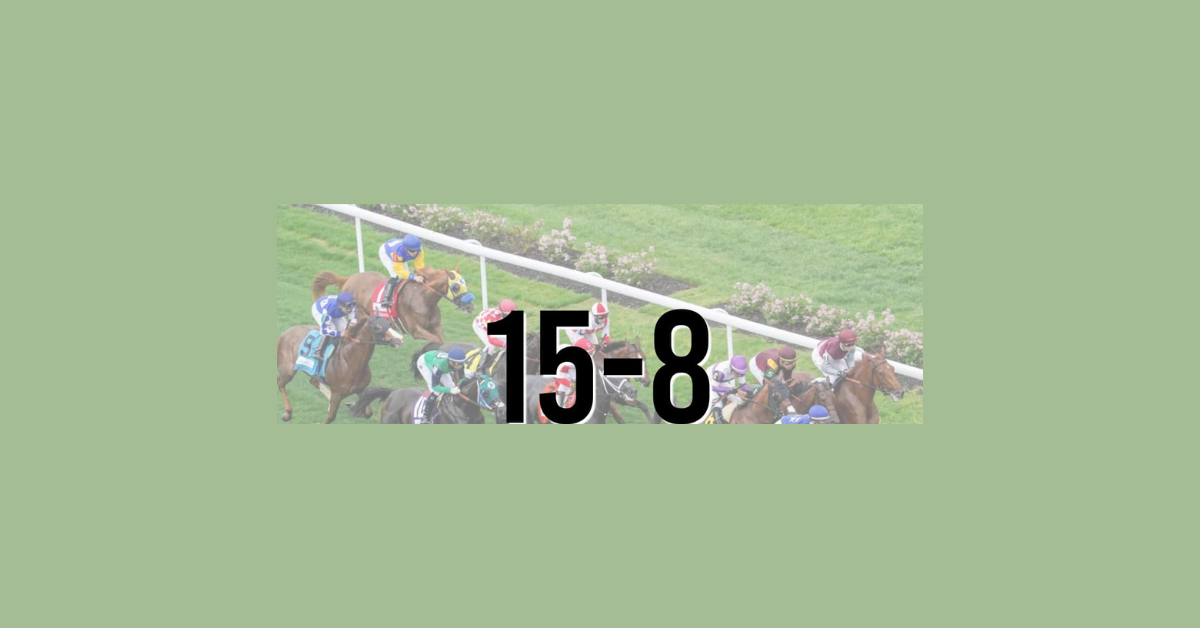Understanding Betting Odds
Betting odds represent the likelihood of a particular outcome in a given event. These odds are typically displayed as either fractions or decimals, which help bettors understand the potential returns on their wagers. When interpreting odds, it’s essential to remember that the lower the odds, the more likely the event is to occur according to the bookmaker. On the other hand, higher odds indicate a lower probability of an outcome.
Decimal odds are straightforward and easy to comprehend. They represent the amount a bettor will win for every unit staked. For instance, odds of 2.50 means that for every dollar wagered, the bettor stands to win $2.50 if successful. Conversely, fractional odds, commonly used in the UK, show the potential profit relative to the stake. For example, odds of 3/1 signify that a $1 bet would yield a $3 profit, in addition to the initial stake returned. Understanding these different formats is crucial for successful betting.
Decimal Odds vs. Fractional Odds
When it comes to betting odds, decimal and fractional odds are the two most commonly used formats. Decimal odds are displayed as a simple number, typically with two decimal places, representing the potential payout if the bet is successful. For example, odds of 2.50 mean that for every unit staked, the bettor would receive a total of 2.50 units back if the bet wins, including the original stake.
On the other hand, fractional odds are expressed as a fraction, indicating the potential profit relative to the stake. For instance, odds of 3/1 suggest that for every unit wagered, the bettor would make a profit of 3 units if the bet is successful, in addition to the return of the stake. Fractional odds are often used in the UK and Ireland, while decimal odds are more prevalent in Europe and other parts of the world.
Calculating Potential Payouts
To calculate potential payouts when placing bets, simply multiply your wager amount by the odds of the bet. This formula allows you to determine the total amount you stand to win if your bet is successful. For example, if you place a $50 bet on a team with odds of 2.5, your potential payout would be $125 (50 x 2.5 = 125).
Understanding how to calculate potential payouts is essential for making informed betting decisions. By having a clear grasp of this concept, you can assess the risk and reward of each bet more effectively. Remember to always consider the odds carefully and calculate potential payouts to strategize and maximize your winnings in sports betting.
Determining Probability of Winning
When it comes to betting, understanding the probability of winning is essential for making informed decisions. Probability is the likelihood of a specific outcome happening, expressed as a percentage. In the context of betting, determining the probability of winning is crucial in assessing the risk and potential reward associated with a bet. By calculating the probability of winning, bettors can make more strategic choices and maximize their chances of success.
To determine the probability of winning, bettors can analyze various factors such as historical data, team performance, player statistics, and other relevant information. By evaluating these factors, bettors can assign a probability to each potential outcome of a bet. For example, if a team has a record of winning 70% of their games, the probability of them winning their next game could be estimated at 70%. By accurately determining the probability of winning, bettors can make more educated bets and increase their chances of profitability.
Different Types of Bets
When it comes to betting, there are various types of bets that bettors can place depending on the sport and their preferences. Some common types of bets include straight bets, which are the simplest form of betting where you pick a team or player to win. Additionally, parlays involve combining multiple bets into one, offering higher payouts but requiring all selections to win for the bet to be successful.
Another popular type of bet is the over/under bet, where you wager on whether the final combined score of a game will be over or under a set number determined by the sportsbook. Prop bets, short for proposition bets, allow you to bet on specific outcomes within a game that may not directly affect the final result. These bets can range from the number of points a player will score to the outcome of the coin toss at the start of a game.















